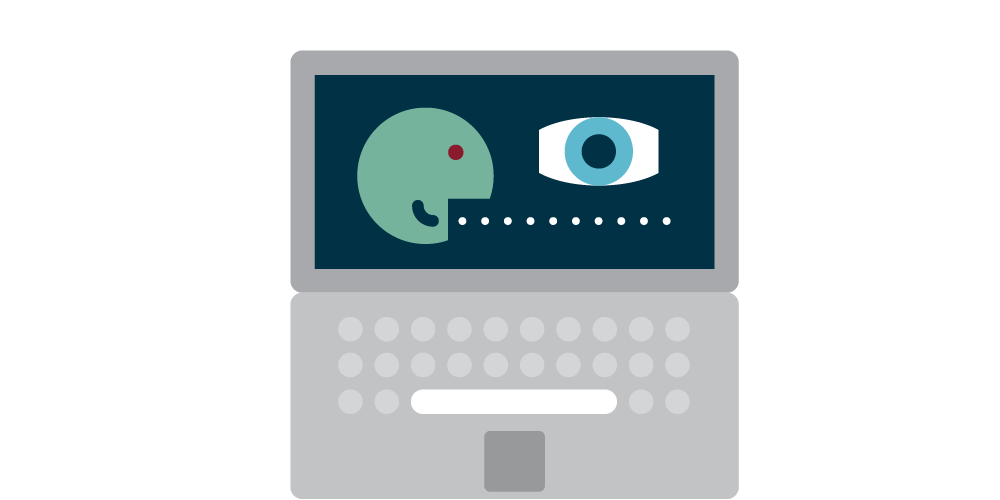Trevor is a Partner in Osborne Clarke's Intellectual Property team. He specialises in advising clients in the life sciences and healthcare sectors and has particular experience acting for biotech and pharmaceutical companies in complex patent disputes.
In recent years Trevor has advised pharma and biotech clients in patent disputes relating to many of the world's most successful biopharmaceutical products. Drawing on his scientific training in microbiology and immunology, he is regularly instructed to act in technically complex disputes before the English courts, and to manage related litigation around the globe.
In addition to his work on contentious matters, Trevor also advises clients in relation to supplementary protection certificates and regulatory exclusivity periods for medicinal products, helping them to develop sensible strategies to maximise protection for their innovative therapies. He also regularly advises in relation to commercial matters with an IP focus, including licensing deals, portfolio sales, and in connection with corporate fundraising transactions.
Trevor has been ranked as a "Rising Star" and "Notable Practitioner" by Managing IP's IP Stars and is recognised by Legal 500 for his work in the biotechnology and pharmaceuticals fields.
"Trevor Crosse is a biotechnology and pharmaceuticals patent litigation specialist, representing a number of major biopharmaceuticals clients in complex patent disputes."
Genentech
Acted for Genentech in a patent dispute relating to anti-IL17A/F antibodies for the treatment of psoriasis and rheumatoid arthritis, described by the judge as "one of the most complex patent cases [he had] ever tried".
AbbVie
Acted for AbbVie in a series of patent disputes relating to the world's then best-selling drug, Humira®.
Pfizer
Acted for Pfizer in proceedings relating to a prospective new class of treatments for osteoarthritis.



